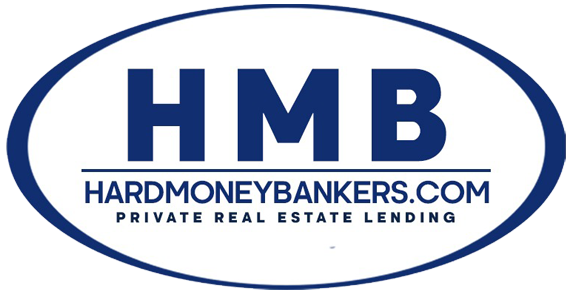For real estate investors, mastering the art of capital, leverage, and funding is crucial. Your ability to align the right funding strategy with the unique needs of each deal can be the difference between success and missed opportunities. Here’s a breakdown of key insights on capital options and their best use cases:
1. Recognize the Uniqueness of Each Deal
Every real estate transaction comes with its own set of circumstances, such as timelines and profit margins. For instance: If a deal doesn’t require closing for over 30 days and has tight margins, a traditional bank loan might be the most viable option due to its lower costs. On the other hand, if you have a deeply discounted property that requires a quick close, a hard money loan—despite its higher costs—could be your best bet for a fast turnaround.
2. Expand Your Funding Toolbox
As you grow in your real estate journey, having access to multiple funding sources becomes essential. Some options to consider include:
- Private Money: Flexible terms from individual lenders.
- Hard Money: Short-term, high-cost loans for quick closings.
- Banks: Ideal for deals with longer timelines and stable cash flows.
- HELOCs (Home Equity Lines of Credit): Leveraging your property equity.
- Personal Cash: A straightforward option for smaller projects.
- Joint Ventures: Partnering with others to share capital and risk.
3. Get Creative with Combinations
Successful investors often blend funding types to optimize their deals. For example: Pairing a hard money loan with private capital as bridge financing. Using a bank loan for the bulk of the funding and securing a partner to contribute additional capital.
4. Think Strategically About Costs and Timelines
Always consider the cost of capital versus the deal’s potential returns. Higher-cost options like hard money loans are only worthwhile if the deal’s profitability can absorb them.
Final Thoughts
As a real estate operator, your ability to source and strategically utilize capital is a cornerstone of long-term success. By understanding the nuances of funding options and staying creative in your approach, you can tackle a wider variety of opportunities and grow your portfolio with confidence.
Whether you’re just starting or looking to scale, remember: flexibility and adaptability in financing are just as important as finding the right property.


